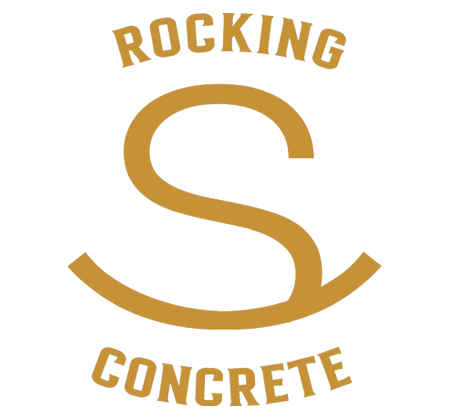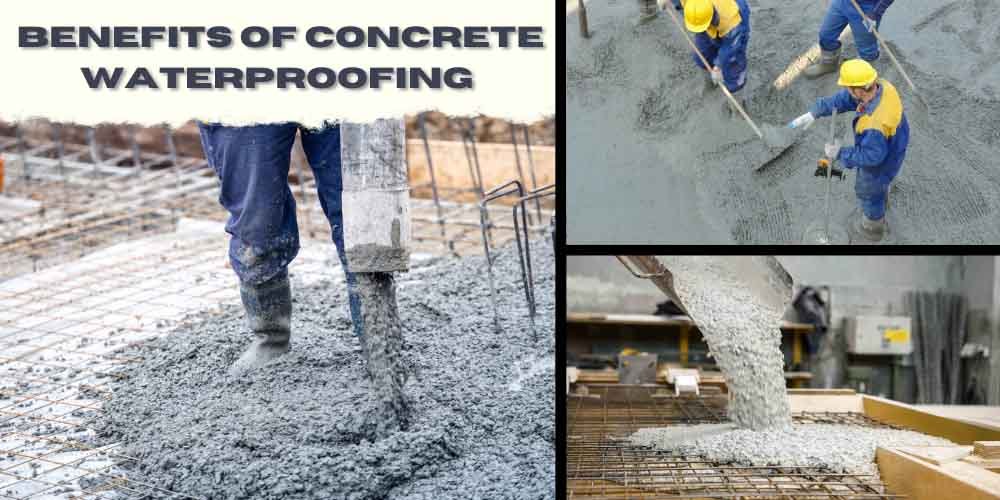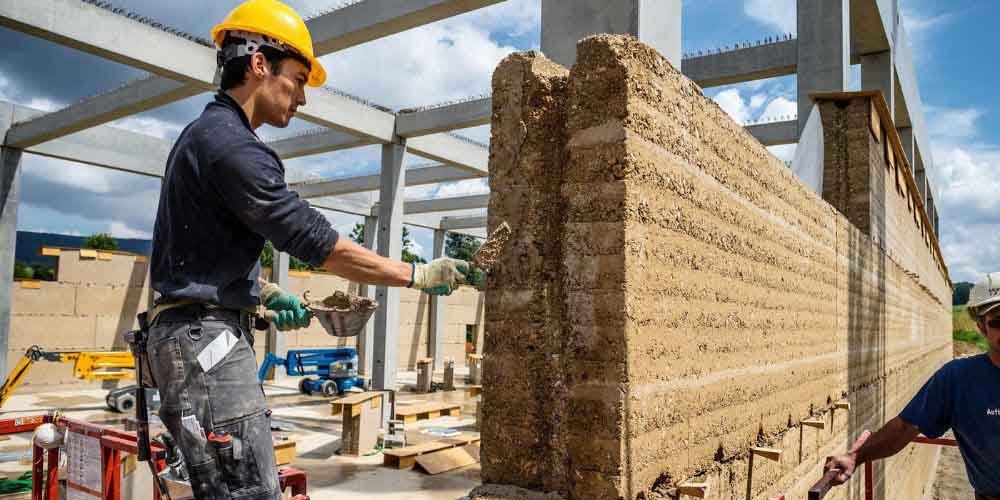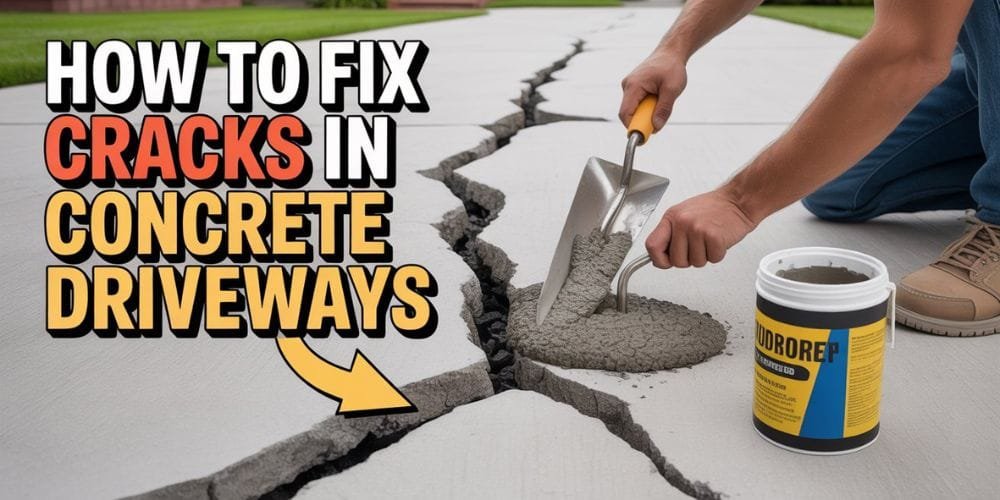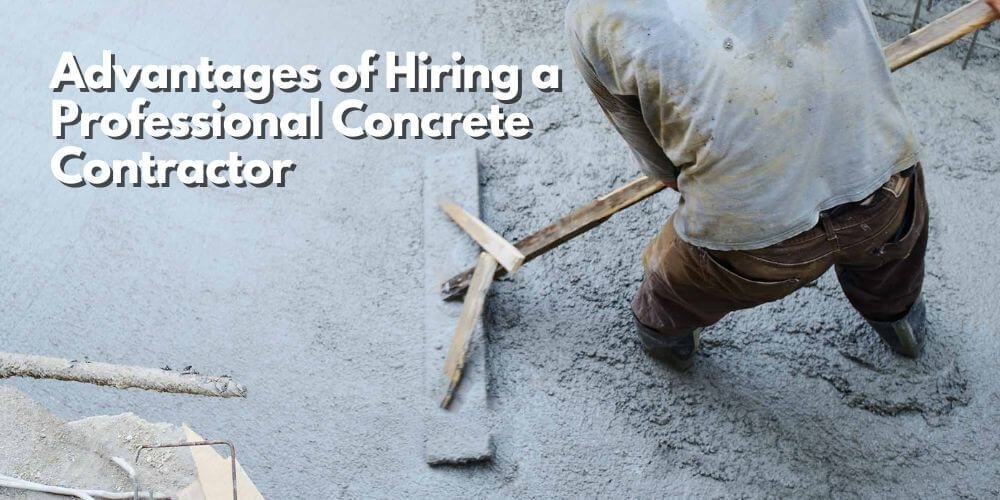Waterproof cement, also known as hydrophobic cement or waterproof concrete, represents a significant technological advancement in the building materials industry, engineered to resist water infiltration. This type of cement is created by blending regular cement with a small proportion of metal stearates during the grinding process. This specialized concrete, imbued with waterproofing attributes, establishes a protective barrier capable of repelling water under any circumstances. Moreover, it possesses the capacity to expel accumulated water vapors that, over time, have contributed to the deterioration of the concrete structure.
Thus, you can easily understand how important waterproofing is while it protects from damage from the outdoor elements. Garages, concrete patios, and driveways are just a few that can benefit from it. With the water being out of the picture, the structural integrity of many buildings remains untouched, like concrete flooring, cinder block walls, poured concrete walls, etc. And know that once the right waterproofing contractors are at your place, you will immediately end up with a virtually foolproof method.
Below are some of the benefits you can enjoy when using concrete waterproofing.
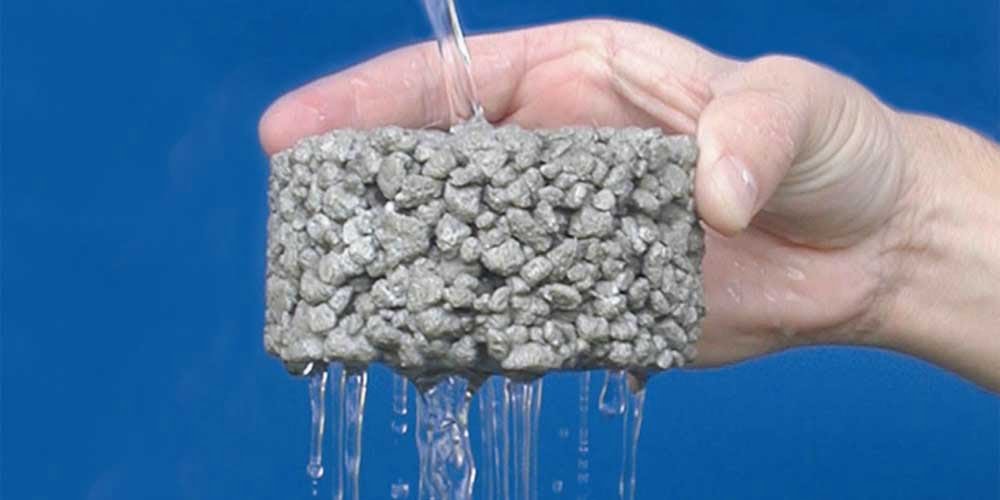
Strengthening the structure:
When you reduce the number of entry points through which moisture and water can sneak into the floor, walls, or ceiling, the concrete waterproofing starts to increase the structure’s longevity. With proper protection from water penetration, the structure is safe from having areas where rotting, rust, corrosion, or even degeneration occurs.
Lowering maintenance costs:
When using waterproof concrete, you are also investing in cost-saving processes related to maintenance. And the reason is simple. With the option to prevent water-related incidents, any water-induced damages or interventions towards addressing cracks or leaks become part of the past. Plus, with the reduced maintenance occasions, costs will decrease in the long term, plus you will have happier occupants (or family) due to fewer disruptions.
Providing a clean, fresh look:
Something that people appreciate about waterproof cement is its inherent aesthetic appeal, coupled with a diverse array of layout options. For instance, it can be applied as topcoats or integrated into decorative finishes, delivering not only functionality but also visual allure. The advantage of waterproofing extends to its versatility within various architectural styles or surface textures, providing design flexibility while upholding crucial waterproofing standards.
Preventing mold and mildew:
Let’s be honest – no one wants to contend with health-related problems, particularly when they pertain to the structures of your home. In areas lacking concrete waterproofing, fungus or mold can readily establish a foothold due to the build-up of moisture in ceilings and walls. If left unattended, this situation could lead to asthma, allergies, or even compromised immune systems. However, concrete waterproofing relegates these concerns to unfamiliar territory.
Reducing cleaning and maintenance:
Concrete waterproofing is also a great way to begin managing the costly expenditures incurred as a result of repairs. By default, there will be fewer maintenance problems when the facility is risk-free from water damage. After all, almost everything is prone to water damage, from the woodwork, and paintwork, to the whole electrical network. Even the slightest presence of water in areas where it shouldn’t be can cause significant damage.
Providing a healthy environment:
Effective waterproofing systems also bring clean working and living spaces. And while water is essential for us, it is not for the building and everything in it. If there is water where there shouldn’t be, damages follow. And when a building is susceptible to water damage, other flaws might be present as well, and you don’t want one mistake to have long-lasting effects.
Applications of Concrete Waterproofing

Waterproofing Concrete Walkways
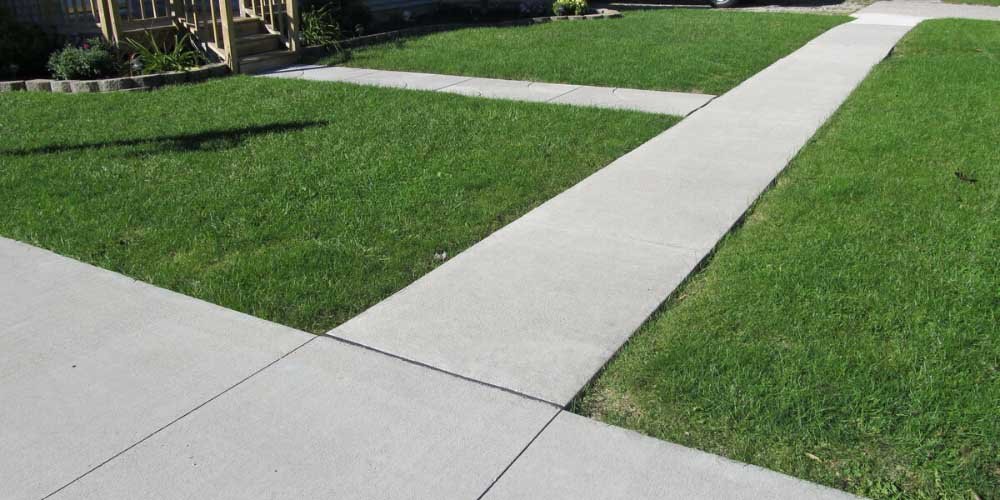
Fewer things cause a tripping hazard than cracks in walkways. However, one advantage to waterproofing is the increase in the structure’s longevity and the decrease in chances of erosion where the surface breaks down and becomes vulnerable to cracking.
Waterproofing Concrete Driveways
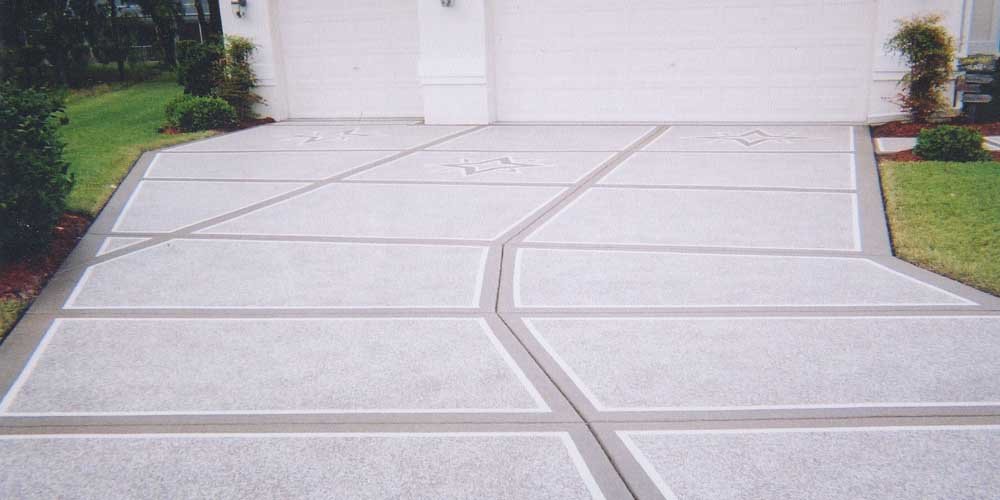
As you’re aware, concrete driveways necessitate periodic maintenance. Waterproofing for concrete effectively lowers maintenance expenses. Furthermore, any metal utilized in constructing your driveway remains safeguarded from rust, courtesy of the waterproof concrete’s protection. Moreover, your driveway will enjoy an extended lifespan and a heightened visual appeal augments your home’s curb appeal. As a result, this enhancement contributes to an appreciable increase in your property’s overall value.
Waterproofing Concrete Patterns
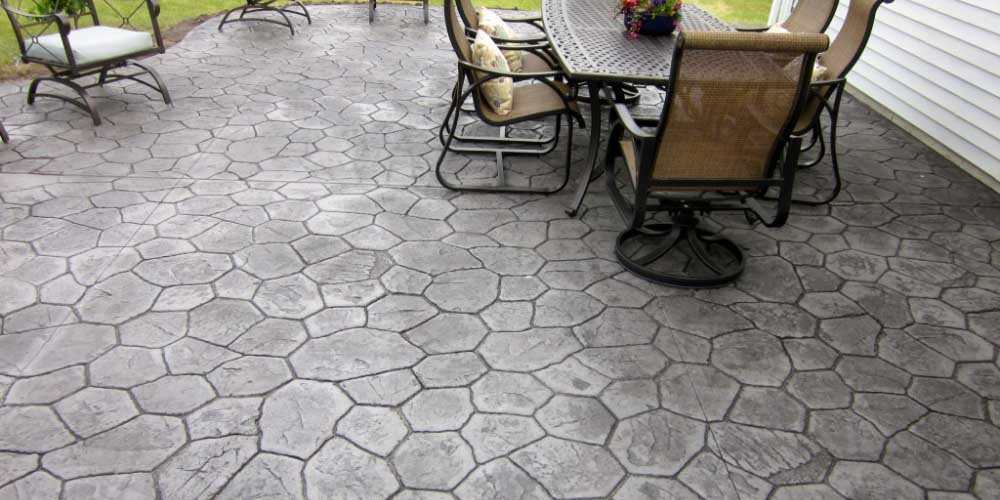
For patterned or stamped concrete driveways, walkways, or patios, waterproofing not only protects the structure; it also enhances the visual appeal of the surface. By bringing out the pattern in an eye-catching manner waterproof concrete proves to be the ideal option for appearance and longevity.
How to Choose a Reputable Waterproofing Contractor
Ensure that finding a reputable contractor who specializes in creating concrete structures with waterproofing is a top priority on your project checklist. To begin with, the procedure itself is intricate and demands the expertise of a contractor well-versed in this domain to achieve the correct concrete mixture and ensure proper sealing. Furthermore, a contractor familiar with waterproof concrete is knowledgeable about selecting the most durable materials that can endure for many decades. In addition, a specialist can provide guidance throughout the maintenance phase and offer assistance with any necessary repairs.
Most of all, if you choose such a contractor, you will save yourself a lot of time and money while gaining a concrete structure that provides visual appeal and functionality for many years.
